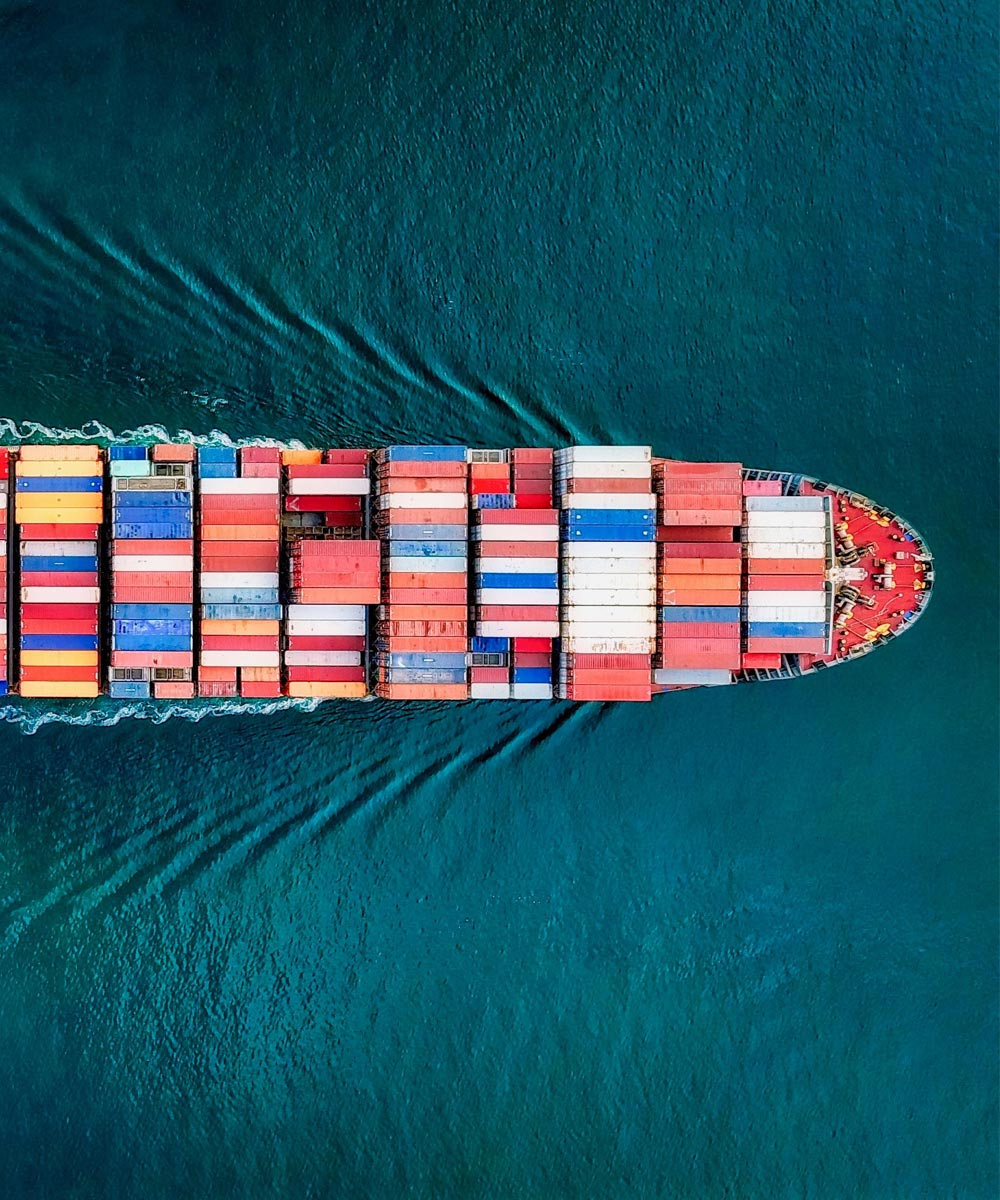After the purchase is before fulfilment – and this can be quite a challenge for many companies entering cross-border e-commerce. In an interview with the Supply Chain Blog, Patricia Xu, International Warehousing Solution Manager at Hermes International, explains why successful fulfillment is crucial to success and what companies should pay attention to.
Where do we store our goods well strategically? What happens in the case of a return when trading with Chinese or American customers? These are just a few of the many questions that companies are confronted with every day when they think of fulfillment in cross-border commerce. To ensure that the entire process from order acceptance through warehousing to delivery runs smoothly, special know-how is required. Many companies have reached their limits here and are increasingly relying on cooperations with external service providers.
Ms. Xu, why is successful fulfillment critical to success?
Successful fulfillment has a direct influence on customer satisfaction and thus ultimately on sales performance.
Can you elaborate on that?
Willingly. Important factors are, for example, quality, the speed of delivery and detailed tracking options – starting in the warehouse. Thus, the customer always has an overview of the goods‘ movements.
Perfect fulfillment also includes a detailed reporting, on the basis of which the retailer can optimize his inventories in order to avoid out-of-stock and over-stock reports for his customers. A well thought-out and well implemented fulfillment is therefore definitely a critical factor to success.
Based on your experience, what are the biggest obstacles for companies hindering successful fulfillment in cross-border e-commerce?
In fact, it is quite common for suppliers to ship goods that differ from the actual order. Recently, for example, we had a case where one part of a set was missing – in all packages. If we hadn’t checked these goods in our warehouse, they would have gone out to the customer like that. With negative consequences for the dealer. Because depending on the sales channel (eBay, Amazon, etc.) bad customer ratings can be a real threat to success.
What is the situation with cross-border returns management?
Likewise, you need to be cautious when returning goods. Although the basic return rate in China, for example, is not very high as the end customer has already paid import taxes and does not get them back, returns still occur. Returning single items to the country of origin is often not advisable in cross-border e-commerce from a business point of view. Therefore, the cooperation with a logistics service provider definitely makes sense, as the parcels can be collected. Consolidated and returned or stored in the destination country, they can be sold again.

Patricia Xu, International Warehousing Solution Manager at Hermes International.
Many companies, especially smaller ones, handle fulfillment in-house. Larger companies with the corresponding volumes, on the other hand, often rely on the expertise of external service providers to handle a subdivision or the entire process. For whom and when is cooperating with external service providers a reasonable alternative to “in-house fulfilment”?
From 5,000-10,000 daily packages onwards, an external solution is recommended in any case. Then the automated processes of
professional logistics service providers take effect. Generally speaking they are cheaper than manual processing in your own warehouse. Likewise, manual processing is much more prone to errors.
With regard to peaks, there is also the fact that additional capacity must be created within the shortest possible time: both in terms of personnel and additional space. Experienced logisticians have sufficient capacities available to cushion peaks.
Hermes International is a company that supports its customers in many areas of global e-commerce. Where are your competencies regarding fulfillment?
Our competence and the advantage for our customers clearly lies in the close integration of fulfillment and transportation. We guarantee a smooth process and offer all services from a single source. Our locations at the important hubs (e.g. Frankfurt) enable us to offer our customers important advantages regarding the speed of deliveries. In addition, we have the status of an “approved exporter”. This means that we can usually reduce the export customs declaration for our customers from 24 hours to zero.
Another service that our customers like to use is our fully integrated Warehouse Management System (e.g. Amazon, eBay and Shopify). The orders run directly into the system. This minimizes the effort and reduces the susceptibility to errors.
Speaking of fulfillment – what do you advise companies to do in order to enter the global e-commerce market? Which areas require special attention?
A direct shipping model is generally recommended for entering the cross-border business. In other words: Existing resources in our own country are used and as a logistics service provider we take care of cross-border warehousing, transportation, all customs formalities and the delivery to the end customer. This is particularly advantageous for companies who want to test how their product works in the target country. If the product is attractive for the target group, warehousing can also be relocated to the target country and the logistics processes can be adapted accordingly.
What are common mistakes and how can they be avoided?
Detailed knowledge of the target market is very important. Companies that are not sufficiently familiar with the new market and are trying to transfer their business and production model 1:1 often face quite a few obstacles. For companies venturing directly into the target country without a direct shipping model, and settingup a new company abroad while carrying out warehousing on their own as usual, expensive misunderstandings can quickly arise.
How does digitalization affect fulfillment?
By using Big Data, we expect even more precise volume forecasts in the future. While peaks and holidays are generally events that can be easily planned, there are a number of spontaneous events such as strikes, supply chain disruptions due to extreme weather conditions or short-living hypes. Factors like these cannot yet be planned, but here, too we expect Big Data to help us improve forecasting in the coming years.
Ms. Xu, thank you very much for the interview.


2 comments
Nice project
Thank you for your feedback, yours HSC-Blog-Team